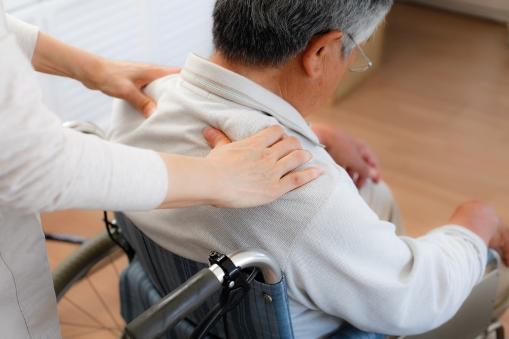Saudi Arabia's ministry of health (MOH) over the weekend reported a new MERS case that involved a household contact of an earlier case, and the World Health Organization (WHO) fleshed out details on 10 of the country's earlier cases, plus 1 recently reported in Bahrain.
The WHO's overview of the recent Saudi cases shows familiar exposure patterns in the outbreaks, with four linked to camels or consumption of raw camel milk and three others with possible healthcare exposure in as many as three separate facilities. Sources still aren't known for three of the cases.
Contact of earlier case
Saudi Arabia's latest case involves a 58-year-old Saudi woman from Abha, located in the southwestern corner of the country, according to an Apr 23 MOH statement.
The woman isn't a healthcare worker and is hospitalized in critical condition. The MOH said she is a household contact of an earlier case.
Another illness in Abha was reported earlier this month in a 70-year-old man whose source of the virus isn't known. He died from his infection on Apr 6. In an Apr 7 statement, the MOH said the man had primary exposure to MERS-CoV (Middle East respiratory syndrome coronavirus).
Saudi Arabia's latest case lifts the country's overall total to 1,377 illnesses, 587 of them fatal. Eleven patients are still being treated for their infections.
WHO update on recent Saudi cases
In an Apr 22 update, the WHO provided epidemiologic details on 10 MERS cases reported from Saudi Arabia between Apr 1 and Apr 15. Illness onsets range from Mar 29 to Apr 10, and patient ages range from 21 to 75 years old. Only one is female. Five are listed in stable condition, two are critical, and three died.
One of the patients, a 25-year-old man, appears to be part of a hospital outbreak in Riyadh. His MERS-CoV symptoms began while he was hospitalized for an unrelated medical condition. He is listed in stable condition and is in a negative-pressure isolation unit at the hospital.
Another patient, a 75-year-old woman, is part of an ongoing hospital outbreak in Buraydah. She, too, got sick while hospitalized for an unrelated medical condition. She had been bedridden for several years and died from her illness on Mar 29, according to the WHO report.
Meanwhile, a recent infection in Najran also appears to be related to healthcare exposure. The 53-year-old man had elective surgery at one hospital on Mar 18 and was transferred to another on Apr 2 after he experienced complications. He tested positive for MERS-CoV at the second facility 2 days after admission.
The man has underlying health conditions and is in critical condition in an intensive care unit. The WHO said an investigation into the source of his infection is under way.
The WHO also said Saudi officials notified it of the deaths of two earlier-reported cases.
Details about Bahrain's first case
News of Bahrain's first case—which involved a Saudi man who was in the country for a coronary artery bypass procedure—was first noted in an Apr 11 post from ProMED Mail, the online reporting system of the International Society for Infectious Diseases. His illness marked the first MERS case to be detected in Bahrain.
Today's WHO statement on the case said the man was admitted to the hospital in Bahrain on Mar 29 and was screened for MERS-CoV, which is routinely done for patients coming from Saudi Arabia. He initially tested negative for the virus.
His symptoms began on Apr 4 during his hospitalization, and on Apr 9 he tested positive for MERS-CoV.
The statement said the man—an owner of a dromedary camel barn in Saud Arabia—had frequent contact with camels and a history of drinking raw camel milk. He was transferred to a hospital in Dammam, Saudi Arabia, on Apr 12, where he died the same day.
The Saudi cases and the one detected in Bahrain push the global total to 1,725 lab-confirmed infections, at least 624 of them fatal, the WHO noted.
See also:
Apr 23 Saudi MOH update
Apr 22 WHO statement on MERS-CoV in Saudi Arabia
Apr 25 WHO statement on Bahrain MERS-CoV case






















